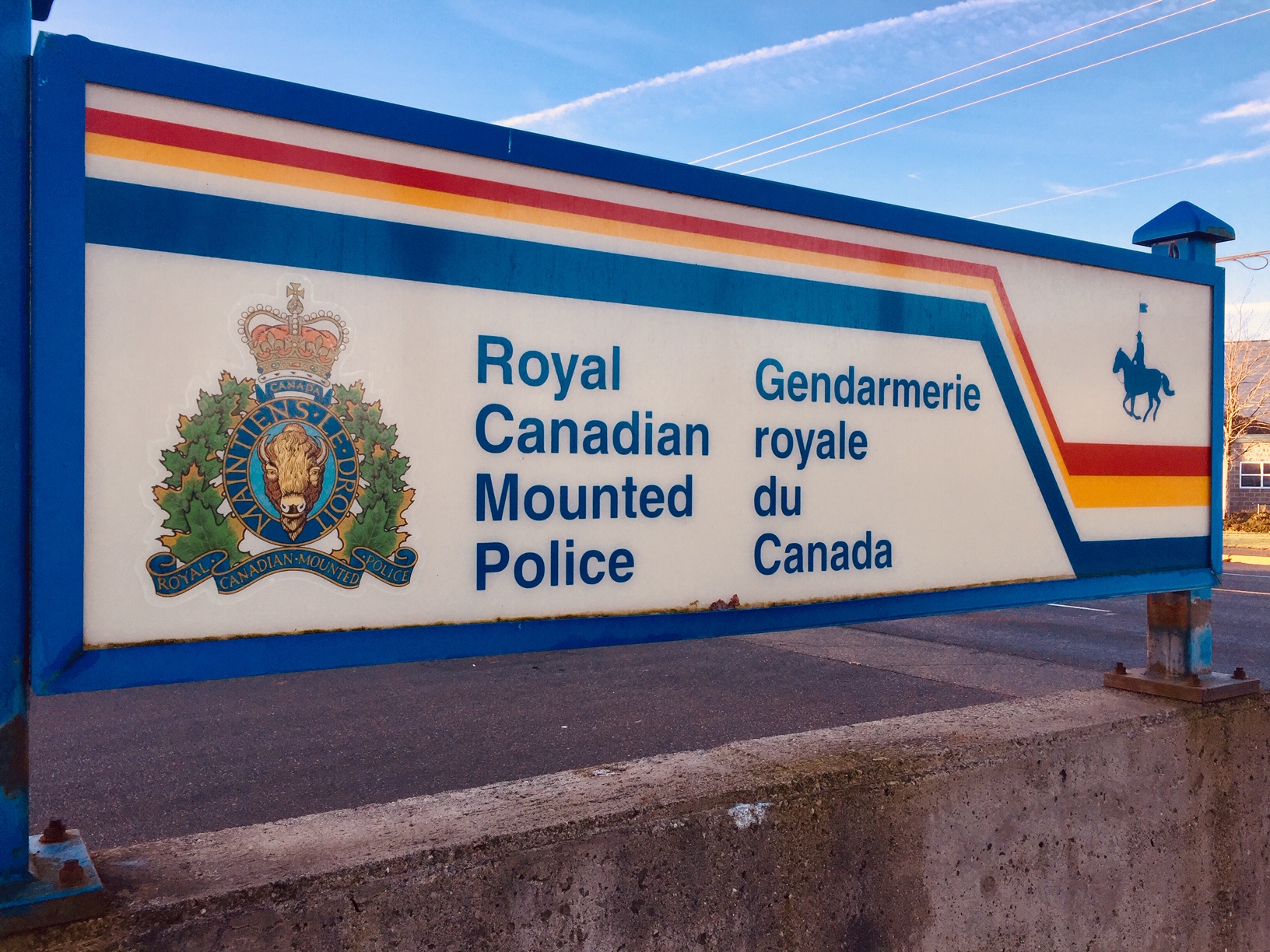The third week of November marks the national restorative justice week, an event aiming to raise awareness of alternative approaches to dealing with crime.
According to the RCMP, restorative justice processes address the needs of victims and the community while holding offenders accountable for their actions.
“The program can bring victims, offenders, and the community a more satisfying experience of justice,” said Corporal Craig Douglass in a release.
“Most offenders who take part in restorative justice programs keep their commitments, which may include making restitution and completing community service. Some
research suggests that participating in a restorative justice process may reduce or stop future offending.”
Cases are screened for suitability and affected parties are met with in advance.
If the case continues to move forward, everyone affected by an offence is invited to discuss the circumstances surrounding it.
Often this means that victims, offenders, and their supporters meet with a restorative justice facilitator (or in some cases an elder) for structured dialogue.
Prince George offers two Restorative Justice Programs: RCMP Restorative Justice, and Prince George Urban Aboriginal Justice Society.
“Both programs offer a safe, controlled environment in which a person who has caused harm, persons who have been harmed and their supporters, are brought together under the guidance of a trained facilitator,” said Douglass.
The Prince George Urban Aboriginal Justice Society focuses on Indigenous clients and elder mentoring, offering the Prince George Regional Correctional Centre’s Cultural Awareness Program, the Aboriginal Wellness Reintegration Program, the Youth Diversion Program, and the Adult Alternative Measures/Indigenous Justice Program.
Something going on in the Prince George area you think people should know about?
Send us a news tip by emailing [email protected].






